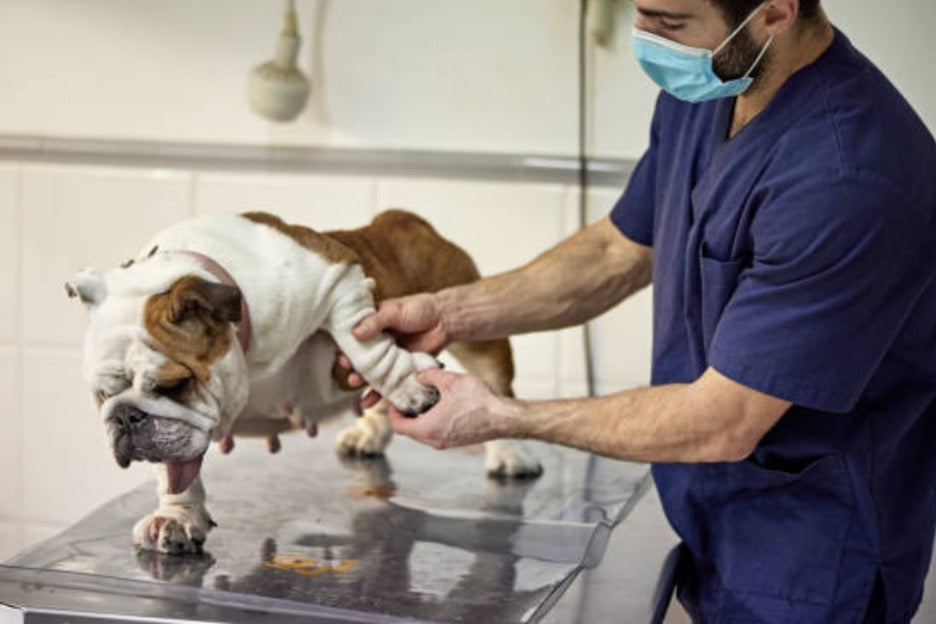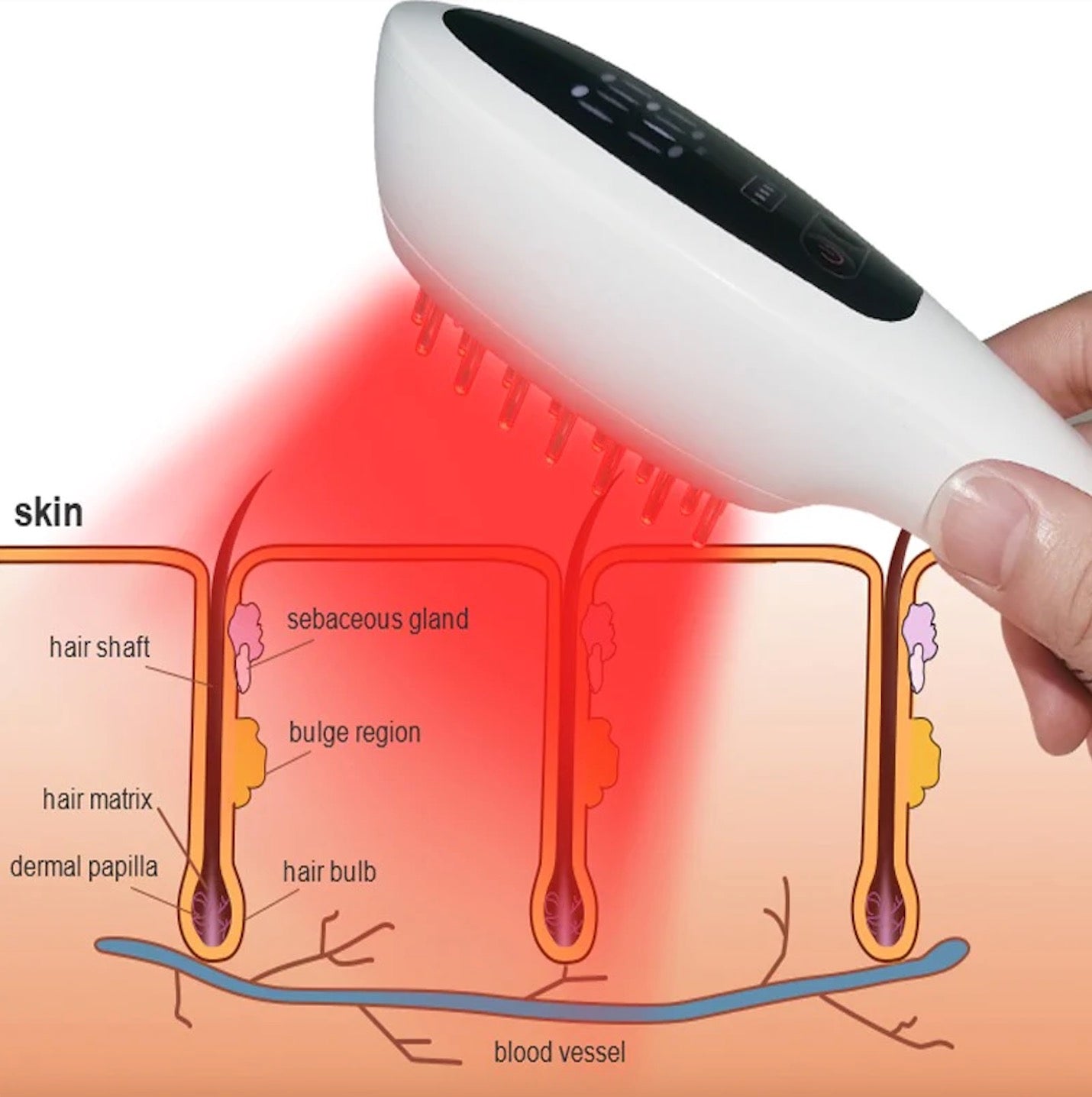The cost of traumatic brain injury (TBI) for public health policies is undeniable today. Even patients who suffer from mild TBI may persist with cognitive symptoms weeks after the accident, Most of them show no lesion in computed tomography or conventional magnetic resonance imaging, but microstructural white matter abnormalities (diffuse axonal lesion) can be found in diffusion tensor imaging.
The Symptom of TBI
Symptoms vary greatly depending on the severity of the head injury, but may include any of the following:
- Vomiting
- Lethargy
- Headache
- Confusion
- Paralysis
- Coma
- Loss of consciousness
- Dilated pupils
- Vision changes (blurred vision or seeing double, not able to tolerate bright light, loss of eye movement, blindness)
- Cerebrospinal fluid (CSF) (which may be clear or blood-tinged) coming out of the ears or nose
- Dizziness and balance problems
- Breathing problems
- Slow pulse
- Slow breathing rate, with an increase in blood pressure
- Ringing in the ears or changes in hearing
- Cognitive difficulties
- Inappropriate emotional responses
- Speech difficulties (slurred speech, inability to understand and/or articulate words)
- Difficulty swallowing
- Body numbness or tingling
- Droopy eyelid or facial weakness
- Loss of bowel control or bladder control
An emerging modality of treatment is near-infrared (NIR) light, which has benefit in animal models of stroke, spinal cord injury, optic nerve injury, and TBI, and in human trials for stroke and TBI.
How does Low Level Laser Therapy Work for TBI?
An emerging modality of treatment is near-infrared (NIR) light, also called cold laser therapy, LLLT or photobiomodulation, which has benefit in animal models of stroke, spinal cord injury, optic nerve injury, and TBI, and in human trials for stroke and TBI. What‘s more, LLLT has been demonstrated as a safe and effective technique in significantly improving the memory, attention, and mood performance in healthy and neurologic patients.
LLLT can improves mitochondrial function increasing oxygen consumption, production of adenosine triphosphate (ATP), and improving cellular energy stores. Nitric oxide is released from the cells increasing regional blood flow in the brain.

There are several contributing processes that have been proposed to lead to the beneficial effects of PBM in treating TBI such as stimulation of neurogenesis, a decrease in inflammation, and neuroprotection.
How to choose the Right Laser for TBI
In the present study the doctors used a controlled cortical impact TBI in mice and treated the mice either once (4 h post-TBI, 1-laser), or three daily applications (3-laser) with 810 nm CW laser 36 J/cm(2) at 50 mW/cm(2).
Similar to previous studies, mice with moderate-to-severe TBI treated with 665 and 810 nm laser (but not with 730 or 980 nm) had a significant improvement in Neurological Severity Score. Morphometry of brain sections showed a reduction in small deficits in 665 and 810 nm laser treated mouse brains at 28 days.
Domer Laser 1000mW Laser machine is the great choice for clinic use or patient treat at home, it combined with five 808nm and eleven 650nm Low level laser, designed with two Laser probe, the power density is 48.8mW/cm2, treatment dosage for 10 minutes is 30J/cm2, the power and time are adjustable, very easy to use.
Laser Therapy Protocols for TBI
Adopted 808 nm laser spot (Big Laser probe of 1000mW Laser machine) sequentially applied twenty times to cover the whole head.
The second picture showing right and left forehead placement areas for transcranial LED treatments performed by the patient at home, using a single, circular-shaped cluster head. The usual treatment time is 10 minutes per area (30 J/cm2), continuously treat 7 days, rest one day, until recover.
Reference
2, Transcranial Low Level Laser (Light) Therapy for Traumatic Brain Injury






